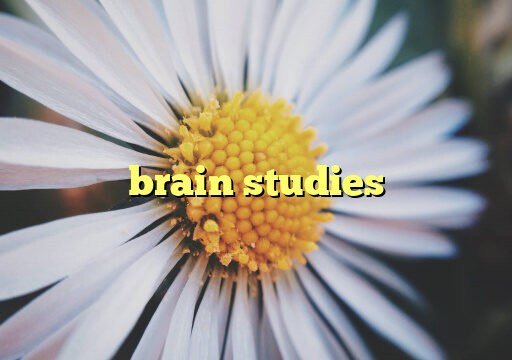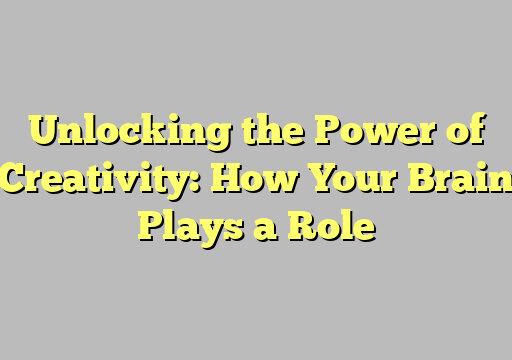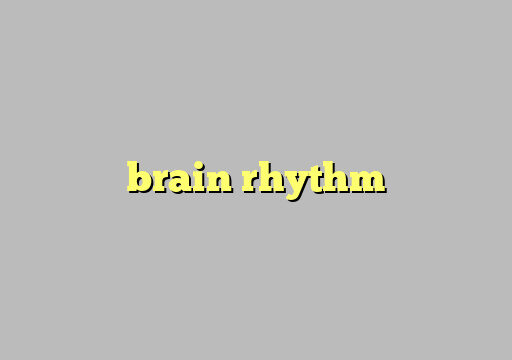Our brain is an incredibly complex organ that is responsible for controlling all of our thoughts, emotions, movements, and actions. It is a vital part of who we are as individuals and plays a crucial role in how we experience and interact with the world around us.
The Brain
The brain is made up of billions of neurons that communicate with each other through electrical and chemical signals. These neurons form networks that are responsible for various functions such as processing sensory information, controlling movement, regulating emotions, and storing memories.
There are different regions of the brain that are specialized for specific functions. For example, the frontal lobe is responsible for decision-making and reasoning, the occipital lobe is responsible for processing visual information, and the hippocampus is responsible for forming and storing memories.
Memory
Memory is the ability to store, retain, and recall information and experiences. It is a crucial aspect of our cognition and allows us to learn, adapt, and navigate our daily lives. There are different types of memory, including short-term memory, long-term memory, and working memory.
Short-term memory is temporary and can hold a limited amount of information for a short period of time. Long-term memory is more permanent and can store a vast amount of information over a longer period of time. Working memory is a cognitive system that allows us to hold and manipulate information in our minds to complete tasks.
The Relationship Between the Brain and Memory
Memory is closely linked to brain function, as the brain is responsible for forming and storing memories. The process of memory formation involves the encoding, storing, and retrieving of information in the brain. Certain regions of the brain, such as the hippocampus and amygdala, play a significant role in memory formation and storage.
Damage to certain areas of the brain can result in memory impairments, such as amnesia or dementia. Conditions such as Alzheimer's disease can affect memory function by causing the degeneration of brain cells and disrupting communication between neurons.
Conclusion
Understanding the brain and memory is essential for comprehending how we think, feel, and remember. The brain is a complex organ that controls all of our cognitive functions, while memory allows us to store and recall information for future use. By studying the relationship between the brain and memory, researchers can gain insights into how to improve memory function and treat memory-related disorders.
FAQs
What is the role of the hippocampus in memory?
The hippocampus is a region of the brain that is responsible for forming and storing memories. It plays a crucial role in converting short-term memories into long-term memories and is essential for spatial navigation and learning.
How can I improve my memory?
There are several strategies you can use to improve your memory, such as getting enough sleep, engaging in regular physical exercise, eating a healthy diet, practicing mindfulness and meditation, and engaging in cognitive activities such as puzzles and brain games.
What are some common memory disorders?
Some common memory disorders include Alzheimer's disease, dementia, amnesia, and traumatic brain injury. These conditions can affect memory function and lead to impairments in cognitive abilities and daily functioning.
Unlock Your Mental Potential




